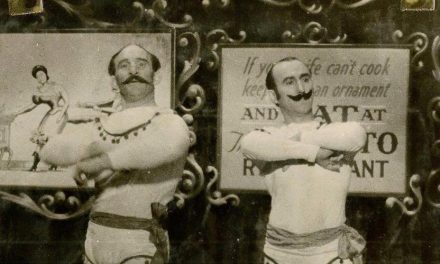Do not call Brehan a “thief”—to her, thieves are brutish thugs skulking about in the night, hunting for baubles and bangles that will buy them another flagon of mead, another night in the brothel, another day off the streets. Directionless and guileless, they are as much a danger to themselves as they are to the community. Brehan isn’t a thief—she’s a professional.
Cold and calculating, unlike the stereotypical overly gregarious halfling parodied in circus acts and similar traveling entertainments, she understands that the world is made up of sheep and wolves, and she refuses to be either a victim or one who subsists on the crumbs others leave behind. Brehan makes her own way.
The Sword Coast is a dangerous place, even in the well-patrolled streets of Baldur’s Gate, but there had been an order, a system—an understanding—about what was acceptable and what wasn’t. Professional criminals didn’t make too much fuss, and the law didn’t look too deeply into the shadows. That all changed when the Cult of the Dragon moved in, upending the comfortable balance of give and take to which Brehan had started to take ownership.
Not quite so mercenary-minded as to join the assassin guilds, nor personable to become a true power-broker, it was eventually in her faith and prayers to Jergal, the Bleak Seneschal, he who accounts, that she found her calling. No stranger to death herself, Brehan found comfort and strength in quiet, individual worship of the god who impassively watches the world dissolve.
Her connection with death served her well as the armies who so rudely interposed themselves in her life brought many others to meet the Final Scribe’s rosters. She listened to their secrets and made it past patrols and scouting parties, into storerooms and caches, and safely out again, both in acts of sabotage and self-preservation. It soon became clear however that, no matter her internal strength or resolve, nothing she did alone would turn back the tide of what had been unleashed in her homelands.
With eyes narrowed and jaw set she made her way to Greenest, where it was rumored there was a growing resistance, a collection of those willing to fight against the Cult of the Dragon.
Helping to save the region would allow her unprecedented access to rebuild its underworld as she saw fit, finally realizing her place where she belonged—at the top.
Personality Traits: I always have a plan for what to do when things go wrong. I am always calm, no matter what the situation. I never raise my voice or let my emotions control me. I am incredibly slow to trust.
Ideals: I will do whatever it takes to become wealthy. I don’t steal from others in the trade.
Flaws: When faced with a choice between money and my friends, I usually choose the money. I turn tail and run when things look bad. An innocent person is in prison for a crime that I committed. I’m okay with that.
Brehan Silverleaf—a lawful evil Lightfoot Hafling Phantom Rogue—is a character I devised for a Tyranny of Dragons campaign I’m involved with, after my monk took an ill-advised tumble down a 150ft hill into an enemy army encampment. My focus in building her was to show that evil characters don’t have to be the mustache-twirling, always-cackling, stab-you-in-the-back-at-first-opportunity stereotypes we so often see from RPGs. Brehan has no reason to betray anyone else, and in fact has deep motivations to work with others, even with those Good alignments. Perhaps there’s even more motivation to work with those not like herself, because that means less competition down the road when she eventually restart the area’s criminal underground.
Evil characters don’t have to be cartoonish, they don’t have to be outlandish, and the best and most realistic motivations, no matter what character type, are those grounded by internal consistency. I don’t even know if alignment will come up in this chronicle, or how much of Brehan’s background will ultimately emerge; as long as the party sees her as a motivated and competent—if selfish—member of the team, I’ll be satisfied.















